Happy Canada Day 2020 : Is a fake-news monarchy really the “future we want to build together” after COVID-19 ??
Jun 30th, 2020 | By Randall White | Category: Canadian Republic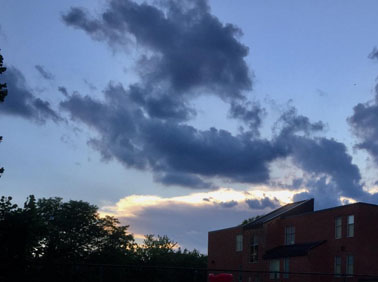
CANADA DAY, JULY 1, 2020. GANATSEKWYAGON, ON. RANDALL WHITE : As quite recently noted by the counterweights editors, Prime Minister Justin Trudeau has urged that the COVID-19 pandemic has given us a “chance to reshape Canada’s future.”
In the prime minister’s own words, the coronavirus “has been an unprecedented challenge.” But it “has also been an important opportunity to figure out what really matters in our communities … and perhaps above all, to think about what kind of future we want to build together.”
A still more recent article in the Globe and Mail, by four eminent and what may reasonably enough be termed old-style mystical conservatives has focussed on what at least strikes me as a very good example of the kind of future we absolutely do not want to build together, in the challenging 21st century.
Three of the four authors of this article are associated with the Institute for the Study of the Crown in Canada at Massey College on the University of Toronto campus – John Fraser, founding president ; D. Michael Jackson, current president ; and Serge Joyal, board member. The fourth author, Michael Valpy, is a well-known journalist turned academic and aggressive Canadian monarchist, who probably ought to join the Massey College Institute too.
Ignoring the advice from these four gentlemen
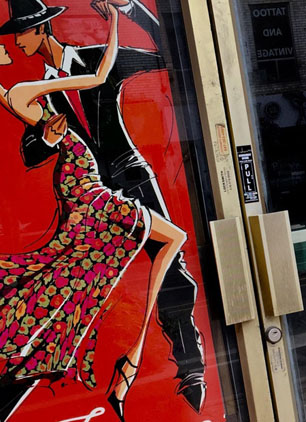
I am myself a “Canadian republican” (or “anti-monarchist” some say) – and thus bound to disagree with these four eminent Canadians, no matter how cunningly they put their arguments.
(Or how much I agree that we are all entitled to our opinions on this issue about the future Canadians will build together, over the next half-century say. And of course in 2020 no one is going to shoot anyone over what Fraser-Jackson-Joyal-Valpy would call the Canadian monarchy, and I would call the British monarchy in Canada. It is just too easy to ignore in practice.)
Meanwhile, my Canada Day 2020 argument for ignoring the advice from these four gentlemen, in their article “The Supreme Court reaffirms the Canadian Crown’s importance to our country’s sense of order,” is in principle addressed to a much broader assortment of what long-ago federal PM John Diefenbaker (1957—1963) liked to call “My Fellow Canadians.”
My argument is for all of us who want to see a realistically somewhat bigger, fairer, more egalitarian, and more interesting future for Canada and Canadians over the next 50 years. My feeling is we have an interest not necessarily in getting rid of the British monarchy in Canada tomorrow (tho I’d be happy with that myself), but at least in carrying on with what Brian Slattery at the Osgoode Hall Law School has called “the long process of decolonization that Canada has undergone since 1867.” Or, we do not yet want to stop the long movement since the start of the British Dominion of Canada in 1867 toward an independent “free and democratic” Canada, with such things as its own navy (1910), flag (1965), constitution (1982), and ultimately its own theoretical head of state.
Where’s the data for this 21st century monarchist view of the northern lights?
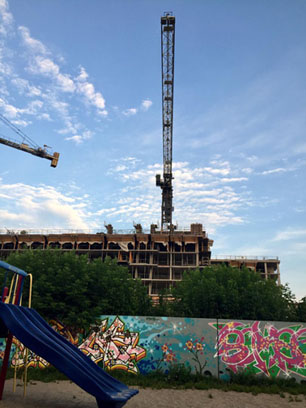
The Fraser-Jackson-Joyal-Valpy article is ostensibly a report on a recent Quebec court case, finally appealed to the Supreme Court of Canada. I am not concerned about this case myself. Its implications strike me as essentially straightforward. (And for another, rather different survey of the same legal and constitutional terrain see Philippe Lagassé’s January 21, 2020 article in Policy Options, “Monarchy’s rights, privileges and symbols in Canada can be changed.”)
For Canada Day 2020, in any case, I’d urge that there are two more particular problems with the Fraser-Jackson-Joyal-Valpy article.
The first is that it makes ideological generalizations about the state of current Canadian opinion on the monarchical heritage in what is now called the Constitution Act 1867 (formerly the British North America Act 1867), without any reference to opinion polling or any other real-world data.
Mssrs Fraser, Jackson, Joyal, and Valpy, eg, claim that : “Fervent supporters of the Crown likely account for 15 per cent of the country; Republicans who feel the shame and indignity of the perceived constitutional stranglehold of the “British Crown” probably account for the same number of 15 per cent. In between are most Canadians, who are content to avoid tangling up the present situation, are appalled at the state of republicanism south of the border, and are respectful of the sense of service rendered by the holders of the Crown.”
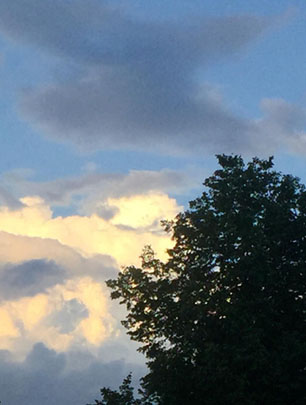
None of this, however, is seriously sustained by the latest opinion polling on the subject.
A You Gov survey taken January 22—28, 2020 found that “44 percent of Canadians strongly or somewhat support abolishing the monarchy in Canada, while 29 percent strongly or somewhat oppose the notion.”
An Ipsos poll taken January 24—27, 2020 found “53% of Canadians skeptical of the monarchy’s future beyond the Queen’s reign.” And : “Six in 10 Canadians agree that the Queen and the royal family should not have any formal role in Canadian society … A majority of Canadians in every region agree with this position, ranging from 55 per cent in Alberta to 76 per cent in Quebec.”
Finally, an Angus Reid poll taken January 13—14, 2020 found that 25% of Canadians believe “the royal family” is “Becoming less relevant.” And an additional 41% (enough to win a majority federal government in Ottawa nowadays) believe it is “No longer relevant at all.” Or “ two-thirds (66%)” feel the monarchy in Canada “is losing or has lost relevance.”
Massively exaggerated claims about the practical impact of the monarchy today
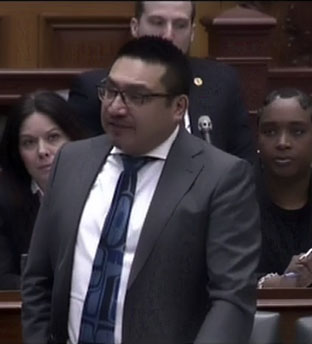
These same latest survey numbers cast additional doubt (and much more) on the second particular problem with the Fraser-Jackson-Joyal-Valpy article – its massively exaggerated claims about the practical impact of the British monarchy in Canada today.
The authors urge that : “The beneficial influence of the Canadian Crown continues to backstop our nation’s constitutional order. Despite its detractors, most Canadians seem content with the situation as it stands – the Crown as a guarantor of our evolutionary system of parliamentary government … key to the relationship with Indigenous peoples, and … useful in our cultural moment, as we reckon with racism.”
Yet an institution that 66% of Canadians feel “is either becoming less relevant or no longer relevant [at all]” in the country today cannot be any serious practical “guarantor of our evolutionary system” of parliamentary democracy – to say nothing of what the quasi-republican Constitution Act 1982 alludes to as our present “free and democratic society.”
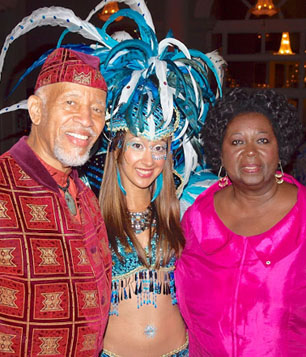
Moreover, the Ontario Cree MPP Sol Mamakwa, who recently refused to join the Ford Conservative government’s plan to establish a “new tradition” of singing “God Save the Queen,” on the first Monday of the month in the provincial legislature, will be puzzled by the argument that the monarchy is a “key to the relationship with Indigenous peoples.”
(As Mr. Mamakwa has explained himself : Singing “God Save the Queen in this House” is “a step backwards, a shift from modern reconciliation to a past that celebrated … colonialism … I cannot be part of it.”)
And the late great Toronto civil rights lawyer Charles Roach – who grew up in what is now the Commonwealth republic of Trinidad and Tobago, and then tried in vain to have swearing allegiance to the British monarch removed from the present Canadian citizenship oath – would be astounded to hear that the monarchy in Canada is somehow “useful in our cultural moment” today, “as we reckon with racism.”
Happy free and democratic Canada Day 2020
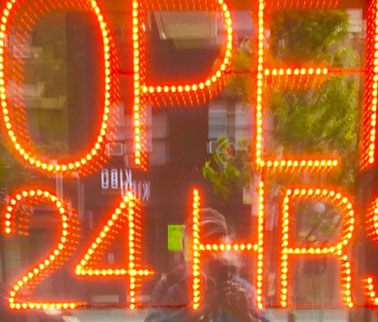
Even as a confirmed Canadian republican I would agree that altogether ending the increasingly obsolete monarchy in Canada in the 21st century is not something that will happen overnight – probably even after the present much respected Queen passes away.
But if you do want to see a realistically somewhat bigger, fairer, more egalitarian, and more interesting future for Canada and Canadians over the next 50 years, the ultimate transfer of all theoretical and practical legal and constitutional sovereignty in the country from the British (or even “Canadian”) monarch to the modern Canadian people (who start with the Indigenous First Nations) is inevitable.
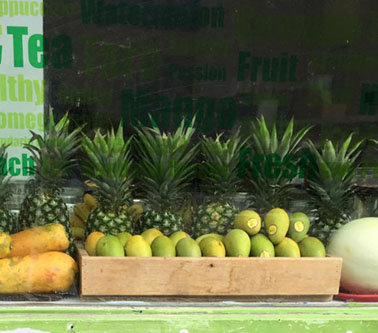
(And btw there is no need to turn to the United States for practical inspiration. There are now good models of “Westminster” parliamentary democratic republics in and near the present Commonwealth of Nations, which seems to be increasingly and quite logically run from its by far demographically largest territories in South Asia.)
Meanwhile, on behalf of everyone involved with this website, I would like to extend best wishes for a very Happy free and democratic Canada Day 2020 to John Fraser, D. Michael Jackson, Serge Joyal, Michael Valpy, and everyone else who in one way or another cares about the future of the Canada we are all (even with its many imperfections and big rooms for improvement) so lucky to live in today, in the challenging 21st century.

